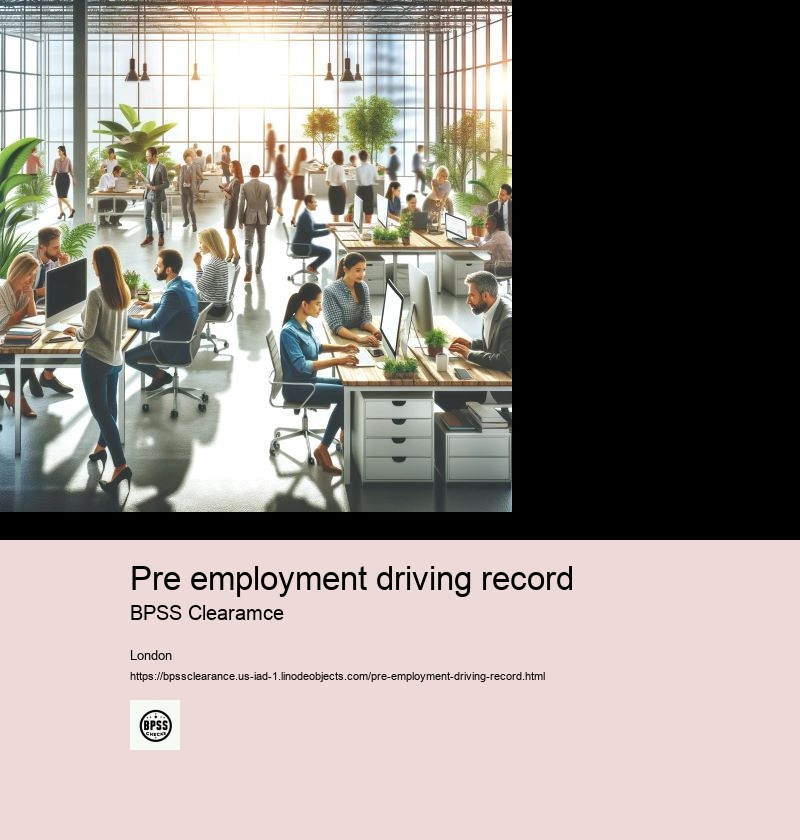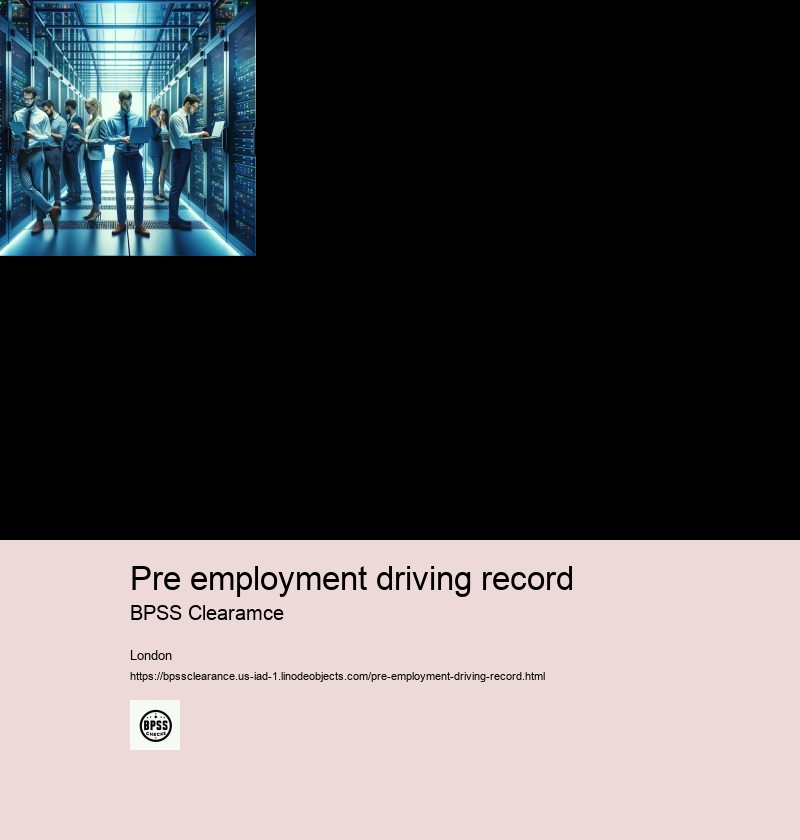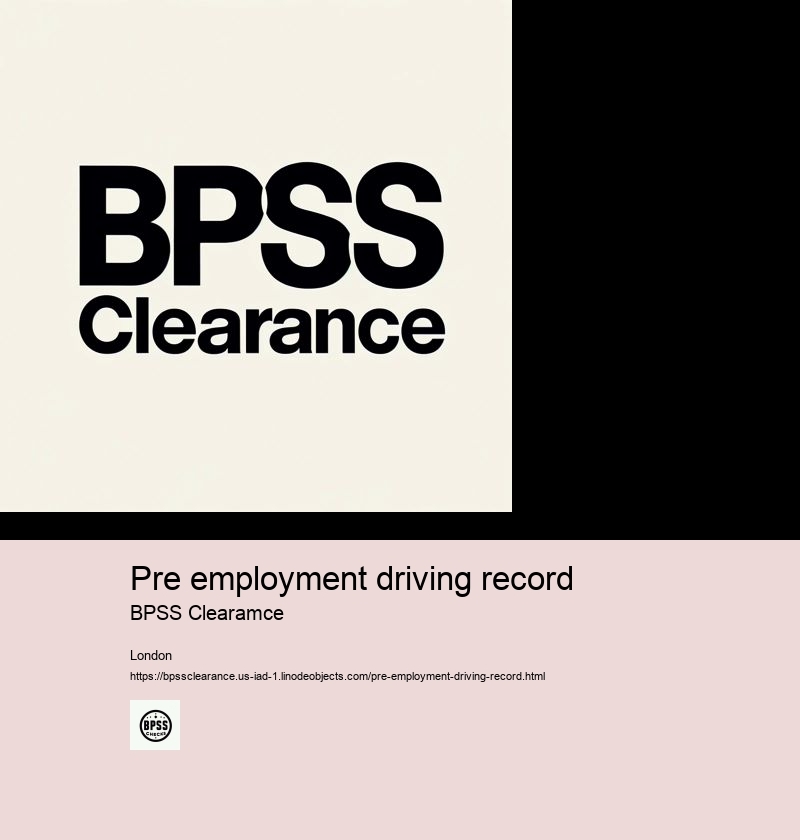pre employment driving record
Risk identification and mitigation
1. **Verify Right to Work:** Check the individual's legal right to work status in the country.
BPSS checks are governed by standards set by the UK government, specifically designed to comply with national security guidelines for personnel working in secure environments. The implementation of BPSS checks ensures that individuals have the right to work in the UK and do not have affiliations or histories that could pose a security risk.
During the renewal process, you'll need to undergo re-verification of your right to work, identity, criminal records, and employment history to confirm continued eligibility. Failure to renew your BPSS clearance on time can lead to a lapse in access to sensitive information and government assets.



